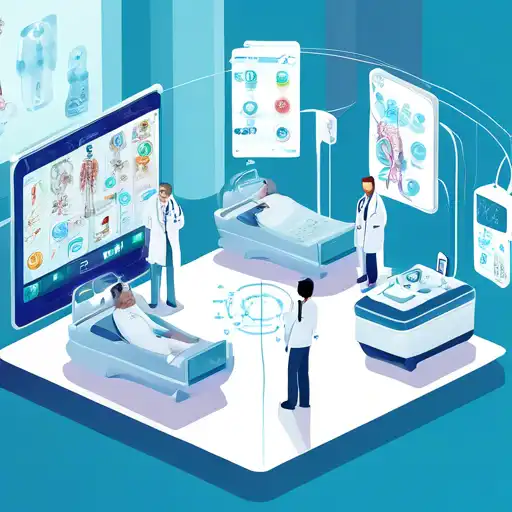Introduction to IoT in Healthcare
The integration of the Internet of Things (IoT) in healthcare is transforming the way medical services are delivered. By enabling devices to communicate and share data, IoT technologies are improving patient outcomes, reducing costs, and enhancing the efficiency of healthcare systems worldwide.
Key Benefits of IoT in Healthcare
IoT in healthcare offers numerous benefits, including:
- Remote patient monitoring, allowing for continuous care without the need for hospital stays.
- Improved accuracy in diagnostics through real-time data collection and analysis.
- Enhanced patient engagement and satisfaction by providing personalized care plans.
- Reduction in healthcare costs by minimizing unnecessary visits and optimizing resource allocation.
Challenges and Solutions
Despite its benefits, the adoption of IoT in healthcare faces challenges such as data security and privacy concerns. However, advancements in encryption and blockchain technology are providing solutions to these issues, ensuring patient data is protected.
Future Prospects
The future of IoT in healthcare is promising, with innovations like wearable devices and smart implants expected to further revolutionize patient care. As technology evolves, the potential for IoT to enhance healthcare delivery is limitless.
For more insights into how technology is shaping healthcare, explore our articles on Digital Health Trends and The Future of Medical Technology.
Conclusion
IoT in healthcare is indeed a game changer, offering unprecedented opportunities to improve patient care and operational efficiency. As the sector continues to evolve, staying informed and adaptable will be key to leveraging the full potential of IoT technologies.
